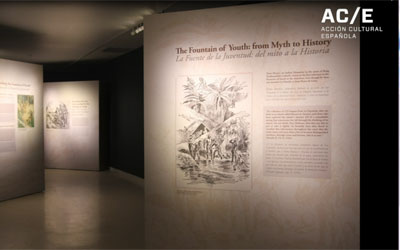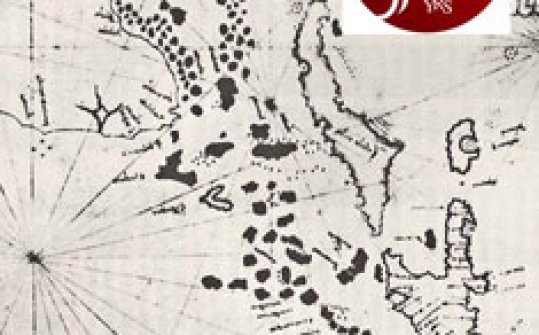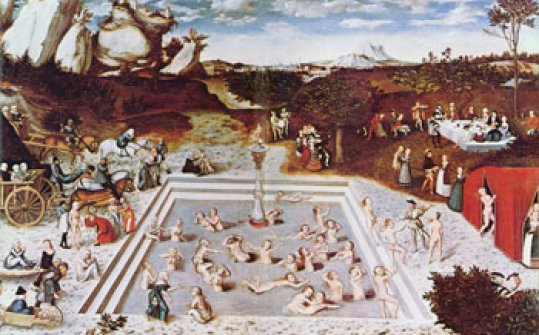Five centuries ago, Juan Ponce de León landed on what he believed was another Caribbean Island. He named it La Florida. Ponce's arrival initiated a long process of complex interactions between Europeans, Africans and Indians, the legacy of which helped shape the development of modern Florida.
This exhibition offers visitors a new perspective on the rich, yet long forgotten history of colonial Florida. it is designed to open eyes and minds, highlighting one of the most intriguing and dramatic periods un US history.
The show begins its journey in Seville (Spain), on the eve of a trans-Atlantic voyage. Visitors enter a replica Spanish galleon as it prepares to depart to the New World. Navigational instruments, the technology and the range of occupations of those who joined such expeditions, help learn the visitor about this period in the maritime context.
In the 16th and 17th centuries, Spain emerged as a global power. The port city of Seville became a leading protagonist: from there, most of the Spanish fleet departed for the New World, including Florida.Through a series of interactive maps, the visitor can discover the different routes of the Spanish expeditions, from Juan Ponce de LEón (1513) to Pedro Menéndez de Avilés (1565), the founder of St. Agustine.
The exhibiton also offers to visitor interesting conclusions about the truth behind the myth of the Fountain of Youth. There is no link between Ponce de León's mission to La Florida and this myth in any of the agreements or in any written documents from his time. All of the references that link Ponce de León and the Fountain of Youth emerge years after his death. Nevertheless, the story endures as the most powerful foundation myth in the United States.
 Imagining La Florida
Imagining La Florida





























